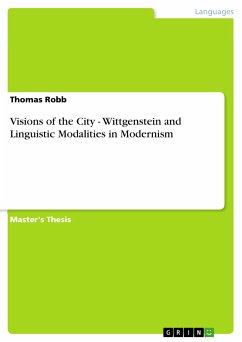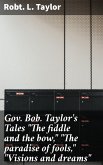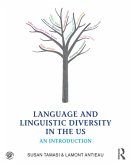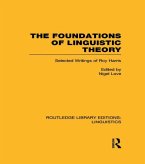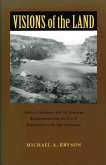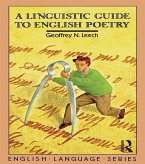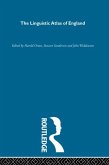Master's Thesis from the year 2010 in the subject Literature - Comparative Literature, grade: 4,0, State University of New York at Buffalo, language: English, abstract: This thesis asserts that Ludwig Wittgenstein's philosophy, expressed primarily through his formulation of the private language argument, offers a uniquely illuminating perspective to the works of Virginia Woolf and T.S. Eliot. The very idea of the private language argument is inherently built upon a limit. Through it, Wittgenstein poses a paradox to us: in examining the limitations of language, it is impossible to determine what the limit is from the angle at which language no longer plays a role. In this light, language is the currency of comprehension. In examining the efficacy and dilemmas of language, its meaning, its use, its necessity of public rules and one's subsequent acknowledgement of them, Wittgenstein's later work, Philosophical Investigations, is employed throughout the body of this thesis. This paper argues that it is not enough to merely consider the fact that Woolf and Eliot take an ethical stance (an action-based position formed from their own interactions with the city of London) upon the epistemological problems of private language; rather, it is more useful to assert the potency of the two authors' differing solutions to the problems of language that are found in their respective works.
Dieser Download kann aus rechtlichen Gründen nur mit Rechnungsadresse in A, B, BG, CY, CZ, D, DK, EW, E, FIN, F, GR, HR, H, IRL, I, LT, L, LR, M, NL, PL, P, R, S, SLO, SK ausgeliefert werden.

